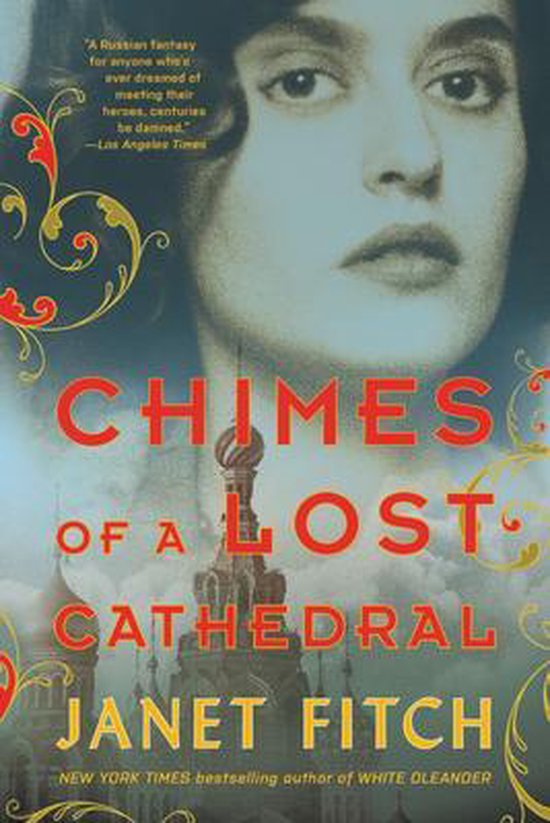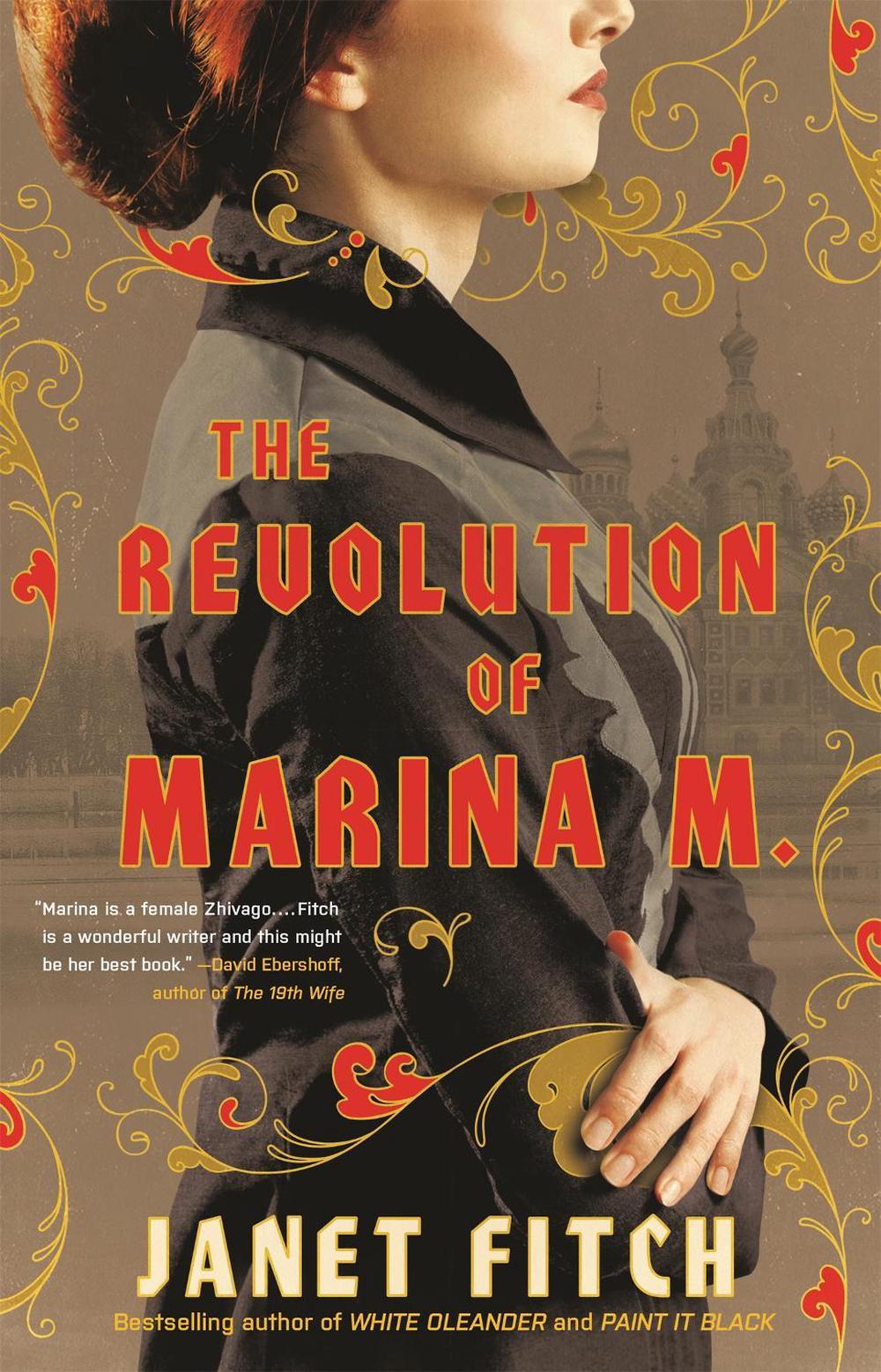

Hungry, ill-clothed, hopeful, stressed out. To tell my story, I have to know how it felt to stand in lines at the district soviet trying to get papers one needed to work, and listening to rumors of what was said in those rooms. She’s no Alexander Hamilton, or Lenin shaping his epoch, yet hers is a story of vital importance: How does one person suffer and dream and struggle to make sense of her life in a time of extraordinary change, the machinery of which is far beyond her control?

My book follows a young woman, Marina Makarova - daughter of privilege, a bright, idealistic girl, a poet - as she comes of age within the matrix of the Russian Revolution. How does one person suffer and dream and struggle to make sense of her life in a time of extraordinary change? But human life lived with boldness and dignity under the pressure of large historical events to my mind can make a more compelling story, profound, rife with meaning. Their struggles may seem insignificant compared to those of the great players of history. In “The Power and the Glory,” Graham Greene’s whiskey priest makes a personal response within a violent historical moment.

Pasternak’s Yuri Zhivago was no politician. Yet this is not only our tragedy, I believe it’s also our heroism, our human dignity, our slice of freedom before the compulsion of fate.

The poignant truth of human experience is that most of us aren’t in the room. It makes us feel more powerful by proximity.īut what about the people who aren’t in the room, who are never in the room? It subtly offers the comfort and importance of being in the room, the luxury of identifying with the people who make history. In Lin-Manuel Miranda’s musical, the viewer is made privy to the machinations of power. I’ve been thinking a lot about history and the novel, the difference between making history and living in history. Russia is foreign enough, but the past too is a country, and it cannot be visited in the flesh. As a novelist, my imagination springs from the concrete details, and the writing is only as vivid as my mastery of the time and the place. I’m grateful to the libraries at USC, where as an adjunct professor I could borrow books for a semester at a time. I read hundreds of books - histories, biographies, memoirs. I couldn’t call its subjects and ask, “How did your telephone work in 1917? Could you walk from car to car on a train, or did you have to exit the car and walk back? How easy was it to join the Bolshevik party?” Unlike my last books, “White Oleander” and “Paint It Black,” set in the ’90s and the ’80s in Los Angeles, I didn’t live through the Russian Revolution. It didn’t take me quite 100 years to write “The Revolution of Marina M.,” but 11 years was long enough. My new novel debuts on the 100th anniversary of the Russian Revolution, which is also the historical moment of the book.


 0 kommentar(er)
0 kommentar(er)
